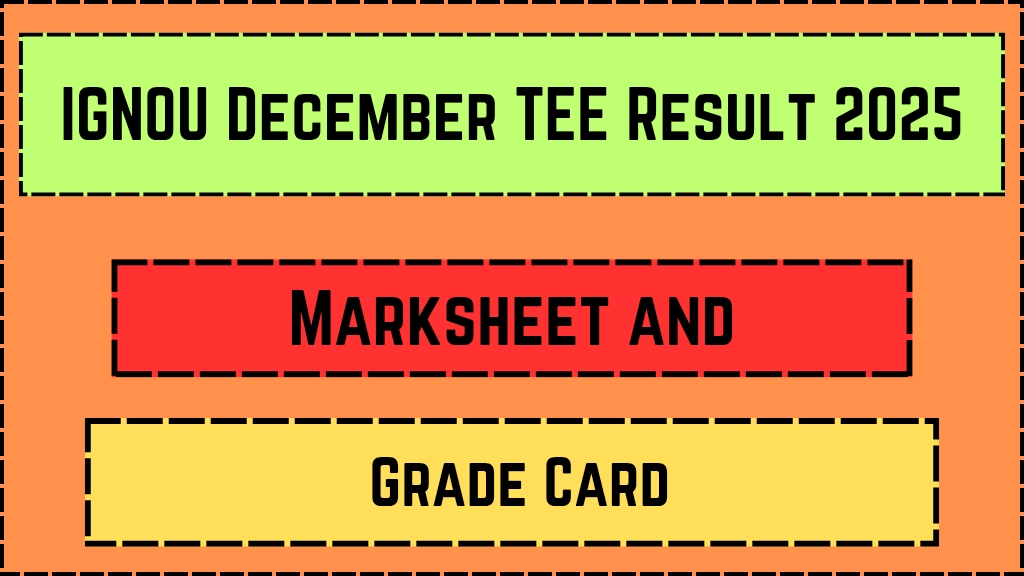Navigating the academic landscape can be challenging, especially with evolving educational policies. If you’re a student or parent associated with the Central Board of Secondary Education (CBSE) in India, understanding the latest changes in the 11th-grade assessment system for 2025 is crucial. Let’s delve into the revamped grading patterns and internal assessments that aim to foster a more holistic learning experience.
Key Highlights
| Key Aspect | Details |
|---|---|
| Organization Name | Central Board of Secondary Education (CBSE) |
| Academic Session | 2024-2025 |
| Competency-Based Questions | Increased to 50% in theory examinations citeturn0search0 |
| Constructed Response Questions | Reduced to 30% in theory examinations citeturn0search0 |
| Objective-Type Questions | Maintain a weightage of 20% in theory examinations citeturn0search0 |
| Internal Assessment Weightage | Increased to 40% of the final grade citeturn0search2 |
| Final Written Examinations | Constitute 60% of the final grade citeturn0search2 |
| Syllabus Reduction | Up to 15% reduction to alleviate academic pressure citeturn0search2 |
| Open-Book Examinations | Introduced for select subjects like English Literature and Social Sciences citeturn0search3 |
| Official Website | cbse.gov.in |
The Shift Towards Competency-Based Education
In recent years, there’s been a global shift in education from rote memorization to competency-based learning. CBSE’s latest assessment structure mirrors this trend. By increasing the weightage of competency-based questions to 50%, the board emphasizes real-world application of knowledge. This approach encourages students to develop critical thinking and problem-solving skills, aligning with the objectives of the National Education Policy (NEP) 2020 citeturn0search0.
Understanding the Revised Question Paper Structure
The restructuring of the question paper is a significant change. Here’s a breakdown:
| Question Type | Previous Weightage | Revised Weightage |
|---|---|---|
| Competency-Based Questions | 40% | 50% |
| Constructed Response Questions | 40% | 30% |
| Objective-Type Questions | 20% | 20% |
This new structure ensures that half of the examination focuses on assessing students’ abilities to apply concepts in real-life scenarios, moving beyond traditional theoretical questions citeturn0search0.
Enhanced Role of Internal Assessments
Internal assessments now play a more pivotal role, accounting for 40% of the final grade. This shift promotes continuous learning and provides students with multiple opportunities to showcase their understanding throughout the academic year. Components of internal assessments include:
| Assessment Component | Description |
|---|---|
| Projects | In-depth research assignments on specific topics. |
| Assignments | Regular tasks reinforcing classroom learning. |
| Periodic Tests | Short tests conducted at regular intervals to monitor progress. |
This approach aligns with contemporary educational practices, ensuring a more comprehensive evaluation of a student’s capabilities citeturn0search2.
Syllabus Reduction: A Relief for Students
To alleviate academic pressure, CBSE has reduced the syllabus by up to 15%. This reduction allows students to engage in more in-depth learning and reduces the reliance on rote memorization. The aim is to provide ample space for students to explore topics comprehensively, fostering a deeper understanding of the subject matter citeturn0search3.
Introduction of Open-Book Examinations
In a bid to enhance analytical skills and understanding, CBSE plans to introduce open-book examinations for select subjects like English Literature and Social Sciences. This format allows students to refer to their textbooks during exams, shifting the focus from memorization to the application of knowledge. Such an approach tests students’ analytical abilities and their capacity to interpret and apply information effectively citeturn0search3.
Digital Assessments: Embracing Technology
CBSE is also embracing technology by implementing digital assessments for answer sheets in select subjects. This move aims to increase transparency and efficiency in the evaluation process, reducing the risk of errors and ensuring a more accurate assessment of student performance citeturn0search3.
Real-Life Example: A Student’s Perspective
Consider Ananya, a 11th-grade student from Delhi. With the introduction of competency-based questions, she found herself engaging more deeply with the subjects, moving beyond memorization to understanding real-world applications. The increased weightage of internal assessments motivated her to consistently perform throughout the year, leading to a more balanced and less stressful academic experience.
Expert Insight
Educational experts laud these changes. Dr. Meera Singh, an education consultant, notes, “The shift towards competency-based education and increased internal assessments is a progressive step. It not only prepares students for real-life challenges but also promotes continuous learning and critical thinking.”
Conclusion
CBSE’s revamped 11th-grade assessment system for 2025 reflects a significant shift towards holistic education. By focusing on competency-based evaluations, enhancing internal assessments, reducing syllabus load, and introducing innovative examination formats, the board aims to cultivate well-rounded individuals equipped with the skills necessary for the 21st century. These changes promise a more engaging and effective learning environment, preparing students to navigate the complexities of the modern world.
Nandini Patel is an education content writer specializing in exam results and admit cards. With a Master’s in History and 5+ years of experience, Nandini loves crafting detailed and accurate content. She enjoys exploring historical sites.





